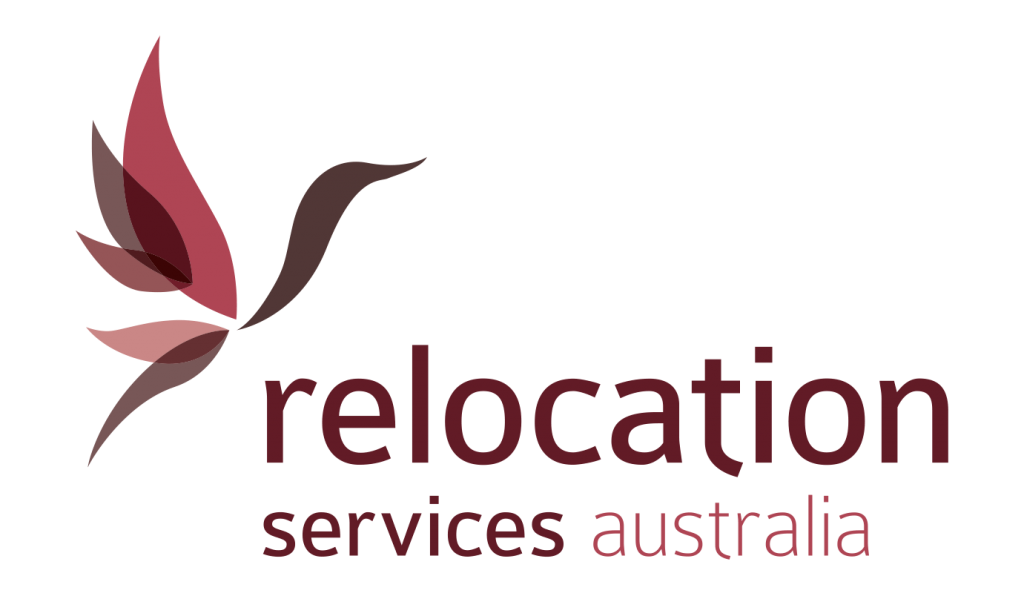Healthcare, Superannuation, and Tax: What UAE Expats Should Know Before Relocating to Australia
If you’re moving from the UAE to Australia, one of the biggest adjustments will be understanding how healthcare, superannuation, and taxation work.
The UAE’s system is largely tax-free and employer-driven, whereas Australia’s is structured, regulated, and built around contributions and compliance. Understanding these systems before you arrive will help you plan your finances properly and avoid surprises once you start earning or accessing public services.
1. Healthcare in Australia
Australia has a universal healthcare system known as Medicare, which provides access to doctors, specialists, and hospital care at little or no cost to citizens and permanent residents.
Key things to know:
Medicare Eligibility: Available to Australian citizens, permanent residents, and certain temporary visa holders (for example, those from countries with reciprocal healthcare agreements like the UK or New Zealand).
How it works: Funded through income tax via the Medicare Levy (usually 2% of your taxable income). Once enrolled, you can visit public hospitals, bulk-billing GPs, and access subsidised prescriptions.
Private Health Insurance: Many Australians also take out private cover for faster access to specialists, private hospitals, and extra services like dental or optical.
Overseas Visitors Health Cover (OVHC): If you’re moving on a temporary visa (such as a 482 or 485), you’ll need OVHC before arrival — it’s mandatory for visa approval.
Before you move:
Bring copies of vaccination and medical records for yourself and dependents.
If you’re on medication, bring a letter from your doctor and enough supply for your first few weeks.
Once you arrive, apply for a Medicare card as soon as you have your visa and proof of address.
2. Superannuation (Australia’s Retirement Savings System)
Unlike the UAE, where end-of-service gratuity is paid as a lump sum by your employer, Australia has a compulsory retirement savings system known as superannuation (or “super”).
How it works:
Employer contributions: Your employer must pay 11.5% of your salary (as of 2025) into a superannuation fund. This is separate from your wages.
Your contributions: You can also make voluntary payments to boost your savings.
Access: Funds are locked away until you reach retirement age, become permanently incapacitated, or leave Australia permanently (if you’re on a temporary visa).
Choosing a fund: You can select your own super fund or let your employer’s default fund manage it. Many funds offer investment options ranging from conservative to high-growth.
If you’re moving permanently:
Your super accumulates tax-free until retirement.
You can roll multiple funds into one to avoid duplicate fees.
If you’re moving temporarily (for example, on a work visa):
When you permanently leave Australia, you may be eligible to claim your super as a Departing Australia Superannuation Payment (DASP), but this is taxed at a flat rate (usually 35–45%).
Tip: Keep track of your fund via myGov, the government’s online portal that links your tax and super information.
3. The Australian Tax System
Coming from a tax-free country, many UAE residents are surprised by Australia’s progressive income tax structure. However, taxes in Australia fund key services — healthcare, infrastructure, and social security — and are deducted automatically through your employer.
Income Tax Rates (2025–26):
0% on income up to AUD 18,200
19% on income from AUD 18,201 – 45,000
32.5% on income from AUD 45,001 – 135,000
37% on income from AUD 135,001 – 190,000
45% on income above AUD 190,000
Additional charges:
Medicare Levy: 2% of taxable income.
Medicare Levy Surcharge: Extra 1–1.5% if you earn above AUD 93,000 (single) or AUD 186,000 (family) and don’t hold private health insurance.
Other things to note:
Your employer withholds tax automatically (Pay As You Go system).
The financial year runs from 1 July to 30 June, with tax returns due by 31 October.
If you’re new to Australia, apply for a Tax File Number (TFN) as soon as you arrive — you’ll need it to work, open a bank account, and lodge your return.
Foreign income must be declared if you’re considered an Australian tax resident (which generally happens once you live here for six months or more and intend to stay).
Tip: If you’re unsure of your tax residency status, speak to a registered tax agent or financial adviser — this determines what global income you need to report.
4. Comparing the Systems — UAE vs Australia
UAE:
No income tax
Employer-funded end-of-service gratuity
Private healthcare is standard (employer usually covers cost)
No pension or super system
Australia:
Income tax deducted from wages
Compulsory superannuation contributions
Public healthcare (Medicare) funded via taxes
Strong regulatory framework for retirement and health benefits
While Australia’s deductions may seem higher, the offset is comprehensive public infrastructure, free healthcare access, and long-term retirement savings that grow with compound returns.
5. Transition Tips for UAE-Based Expats
Budget for tax deductions: If you’re used to tax-free income, plan for a lower net salary after moving.
Ask your employer about super: Confirm which fund contributions will go into and how often payments are made.
Get health cover before arrival: Apply for OVHC or private insurance if you’re not yet eligible for Medicare.
Keep financial records: Retain proof of overseas earnings and assets in case of tax or residency assessments.
Consider professional advice: Australian tax law can be complex for new migrants with overseas income. A migration accountant can ensure you remain compliant and optimise your structure.
Moving from the UAE to Australia means shifting from a tax-free, employer-driven system to one built around public benefits, personal responsibility, and regulated savings. Once you understand how healthcare, superannuation, and tax fit together, you’ll be better equipped to manage your money, protect your health, and plan your financial future confidently.
Need Help Planning Your Move?
At Relocation Services Australia, we help UAE-based professionals and families prepare every aspect of their relocation — from renting a home before arrival to setting up banking, tax numbers, and healthcare registration.
Get in touch for personalised relocation support and start your new life in Australia with complete peace of mind.
